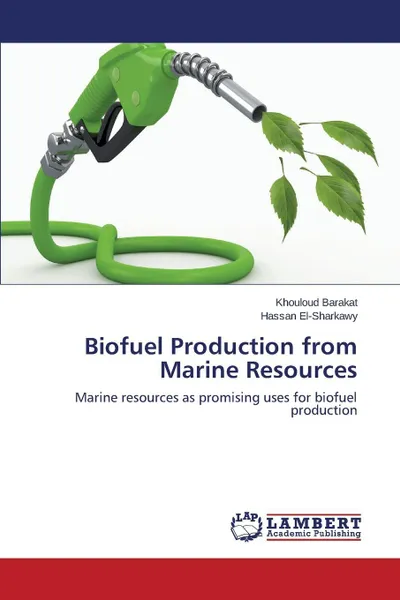Biofuel Production from Marine Resources 14+
Автор: Barakat Khouloud,
El-Sharkawy Hassan
2015
172 страницы
Категория: Научная литература
ISBN: 9783659680342
Язык: Английский
📓 Fossil fuels that can be accessed economically are running out due to stress upon usage of oil, coal, and natural gas for long time and increasing in the population earth. So, new fuel resources have to be created to face the limitations of traditional fuel. Different marine biomass have been converted to usable energy forms. For instance, many microorganisms including: microalgae, yeast, bacteria and fungi have ability to accumulate neutral lipids under specific cultivation conditions. Microbial lipids contain high fractions of poly-unsaturated fatty acids and have the potential to serve as a source of significant quantities of transportation fuels. In addition, some algae (microalgae and macroalgae) were reported to have high contents of carbohydrate that can be used as substrates for renewable biofuel such as:bioalcohols, biodiesel,biogas and biohydrogen. Production of fuel from marine biomass provides advantage over that produced from agro-based raw materials. Liquid, gaseous or solid biofuels hold great promise to deliver an increasing share of the energy required to power a new global green economy.
Мнения
